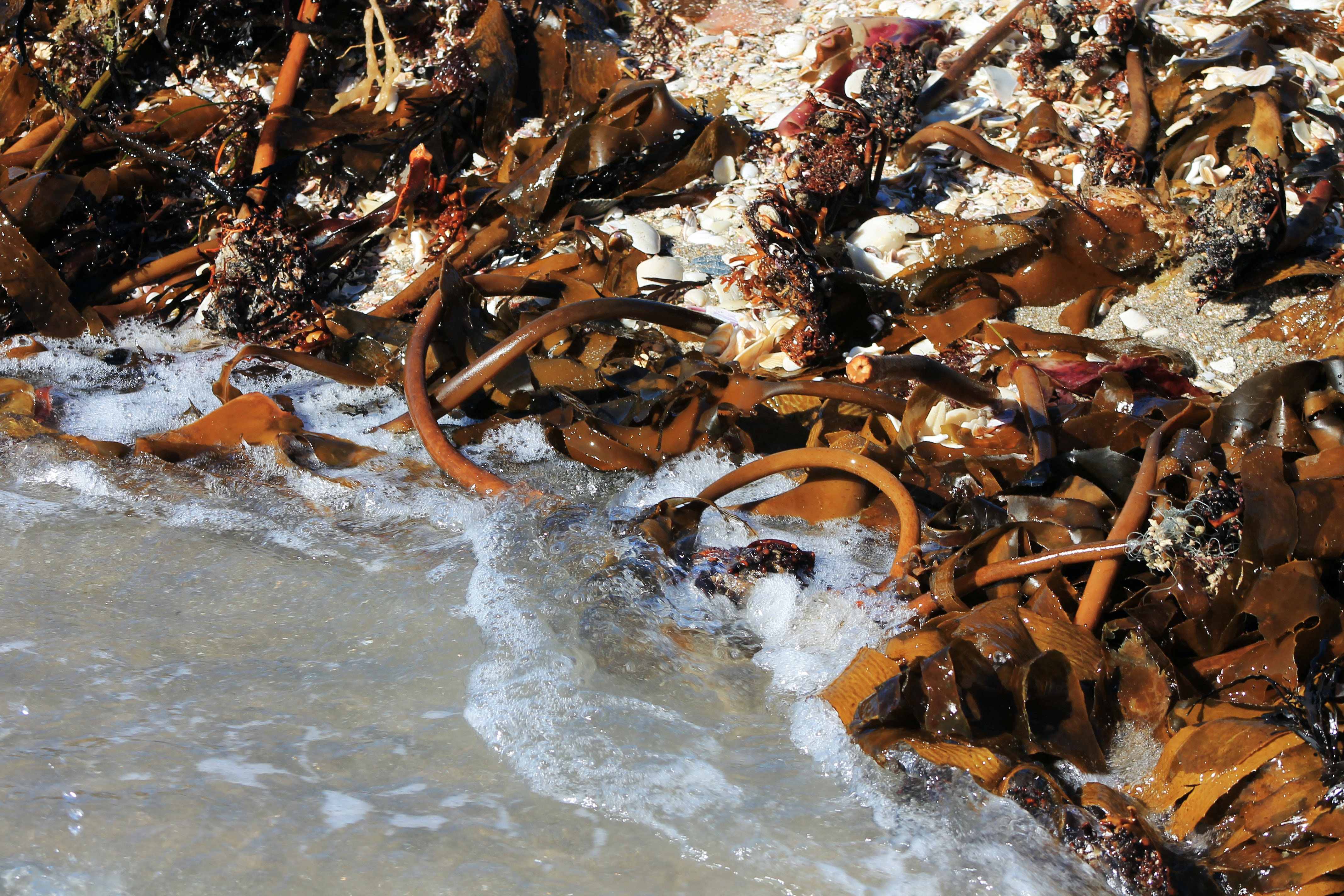News release
From:
Aotearoa’s kelp forests at risk, study shows
New research from Te Herenga Waka—Victoria University of Wellington shows warming
waters are putting our kelp forests in danger.
The study, published open access in the New Zealand Journal of Botany, was led by Dr Christopher Cornwall from the University’s School of Biological Sciences.
Dr Cornwall says New Zealand’s “iconic” seaweed communities are “economically, environmentally, and culturally crucial”.
“Seaweed ecosystems, including kelp forests, are our most important undersea nurseries and habitats. They provide food, shelter, and other ecological services to species such as pāua, kina, and koura (crayfish), as well as an array of fin-fish species—including moki, blue cod, and snapper.
“All these species will suffer, or cease to exist in some cases, if seaweed ecosystems die.”
Ocean warming has driven increasing frequencies, durations, and intensities of marine heatwaves both globally and in Aotearoa, while ocean acidification has also increased. But until now, most
information about the effects on New Zealand’s undersea ecosystems has not been synthesised.
With a team of internationally recognised scientists from throughout Aotearoa, Dr Cornwall
investigated the effects of four stressors on seaweed ecosystems: marine heatwaves, coastal
darkening, ocean warming, and ocean acidification.
He says in most cases, the disruption each of these stressors could have will likely be irreversible.
“Our conclusions show the range and health of many of our seaweed species will shift, with sensitive species such as giant kelp most affected.
“Once they’re gone, it will be very difficult to restore ecosystems back to how they were.”
Previous research by Dr Cornwall observed similar effects from warming waters on the world’s coral reef ecosystems.
“We’ve seen a lot of damage already with mass coral bleaching events caused by marine heatwaves. Corals’ ability to persist and continue growing will be strongly influenced by ongoing warming.”
Dr Cornwall says urgent action is needed.
“I think the majority of the public have no idea of the magnitude of what is approaching. Seaweed
forests may not receive as much attention globally as coral reefs, but they are just as important and just as at risk.
“We need better marine protection policies, including protection from overfishing beyond marine
reserves and proper ecosystem-based management at the reef level. Alongside this, we need
restoration efforts that attempt to breed more temperature and low-light resistant species—without
this, the prognosis is not great.”



 New Zealand
New Zealand



